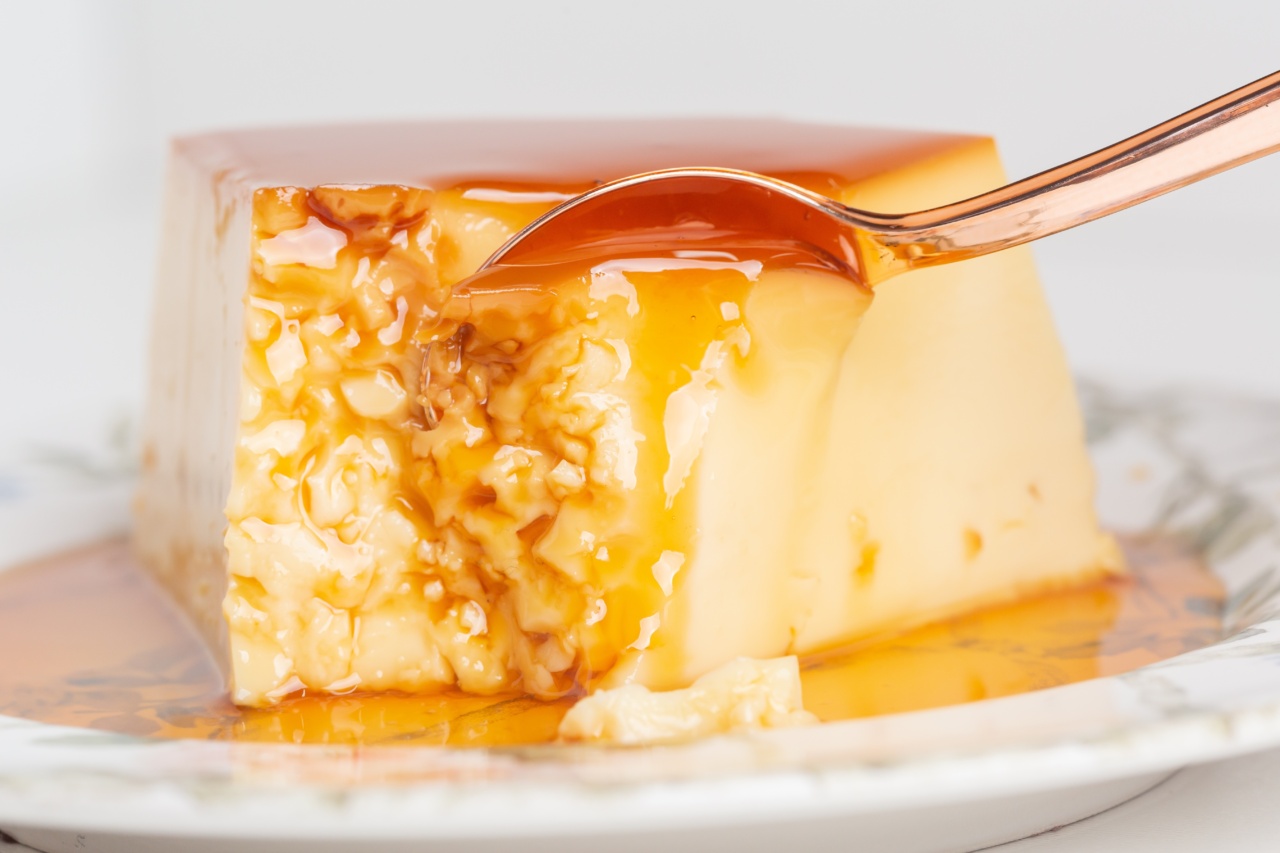Honey is a natural sweetener made by bees using the nectar from flowers. It has been used for centuries for various medicinal purposes due to its antibacterial and anti-inflammatory properties.
The antibacterial power of honey is not just a myth but is supported by scientific researches. In this article, we will dive deep into the antibacterial power of honey and how it can be used for various medical purposes.
What Makes Honey Antibacterial?
Honey is antibacterial due to the presence of hydrogen peroxide, which is produced when an enzyme called glucose oxidase breaks down glucose in the honey.
Hydrogen peroxide is a potent antibacterial agent that kills harmful bacteria by damaging their cell walls and preventing their growth and reproduction.
Besides hydrogen peroxide, honey also contains other antibacterial components, such as phenolic acids, flavonoids, and bee defensin-1.
These components work together to enhance the antibacterial activity of honey and make it more effective against a wide range of bacteria, including antibiotic-resistant strains.
The Antibacterial Action of Honey
Honey has been shown to exhibit antibacterial activity against many strains of gram-positive and gram-negative bacteria, including Staphylococcus aureus, Streptococcus pyogenes, Pseudomonas aeruginosa, Escherichia coli, and Salmonella typhi.
These bacteria are known to cause various infections such as skin infections, respiratory infections, gastrointestinal infections, and urinary tract infections.
Research has also suggested that honey can inhibit the growth and biofilm formation of Helicobacter pylori, a bacterium responsible for causing chronic gastritis, peptic ulcers, and gastric cancer.
Medical Uses of Honey as an Antibacterial Agent
Wound Healing
Honey has been used as a wound dressing for centuries due to its antibacterial and anti-inflammatory effects, which help prevent infections and promote faster healing.
Honey has been shown to be effective in treating various types of wounds, including burns, pressure ulcers, surgical wounds, and diabetic foot ulcers.
A study published in the Journal of Wound Care found that honey dressing was effective in treating infected surgical wounds and reduced the healing time compared to the conventional dressing.
Another study showed that honey was effective in reducing pain, wound size, and healing time in patients with diabetic foot ulcers.
Cough and Cold
Honey has been used as a home remedy for cough and cold for generations due to its soothing effect on the throat and its antibacterial activity.
A study published in the Archives of Pediatrics and Adolescent Medicine found that honey was more effective in relieving cough symptoms in children than a placebo or dextromethorphan, a common cough suppressant.
However, honey should not be given to children under the age of one year due to the risk of infant botulism, a rare but serious type of food poisoning caused by the Clostridium botulinum bacterium.
Gastrointestinal Infections
Honey has also been shown to be effective in treating various gastrointestinal infections such as gastritis, peptic ulcers, and gastroenteritis.
A study published in the Journal of Medicinal Food found that honey was effective in inhibiting the growth and biofilm formation of Helicobacter pylori, a bacterium responsible for causing chronic gastritis and peptic ulcers.
Honey has also been shown to be effective in reducing the duration and severity of diarrhea caused by bacterial infections.
A study published in the Journal of Family Practice found that honey was as effective as the antidiarrheal drug, diphenoxylate-atropine, in treating acute diarrhea in children.
Conclusion
Honey is a natural sweetener that has been used for various medicinal purposes due to its antibacterial and anti-inflammatory properties. The antibacterial power of honey is not just a myth, but is supported by scientific research.
Honey has been shown to be effective in treating various medical conditions such as wound infections, cough and cold, and gastrointestinal infections. So, the next time you have a cough or a wound, try using honey as a natural remedy!.






























